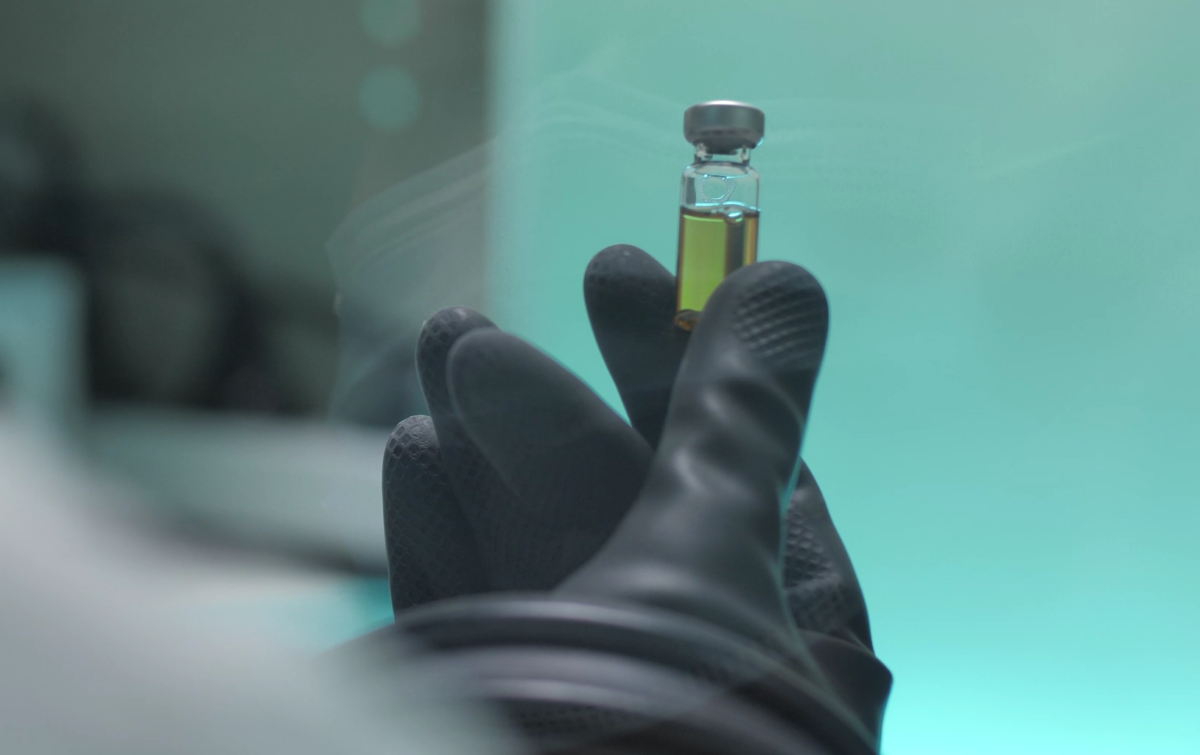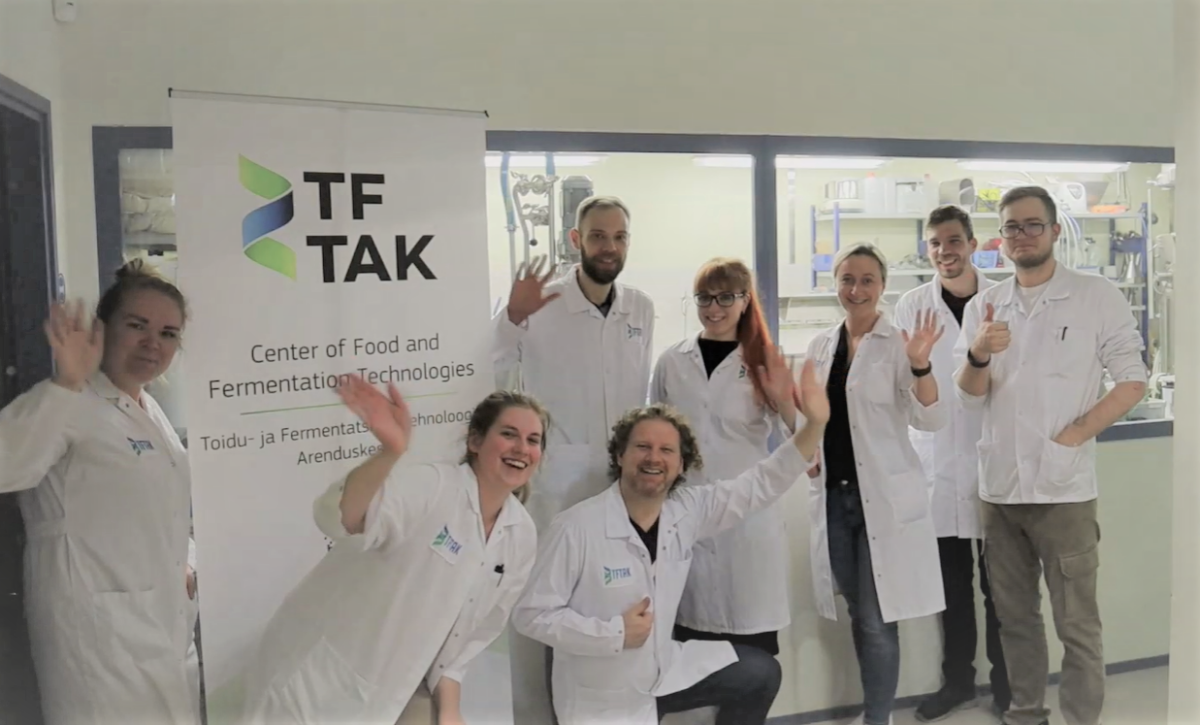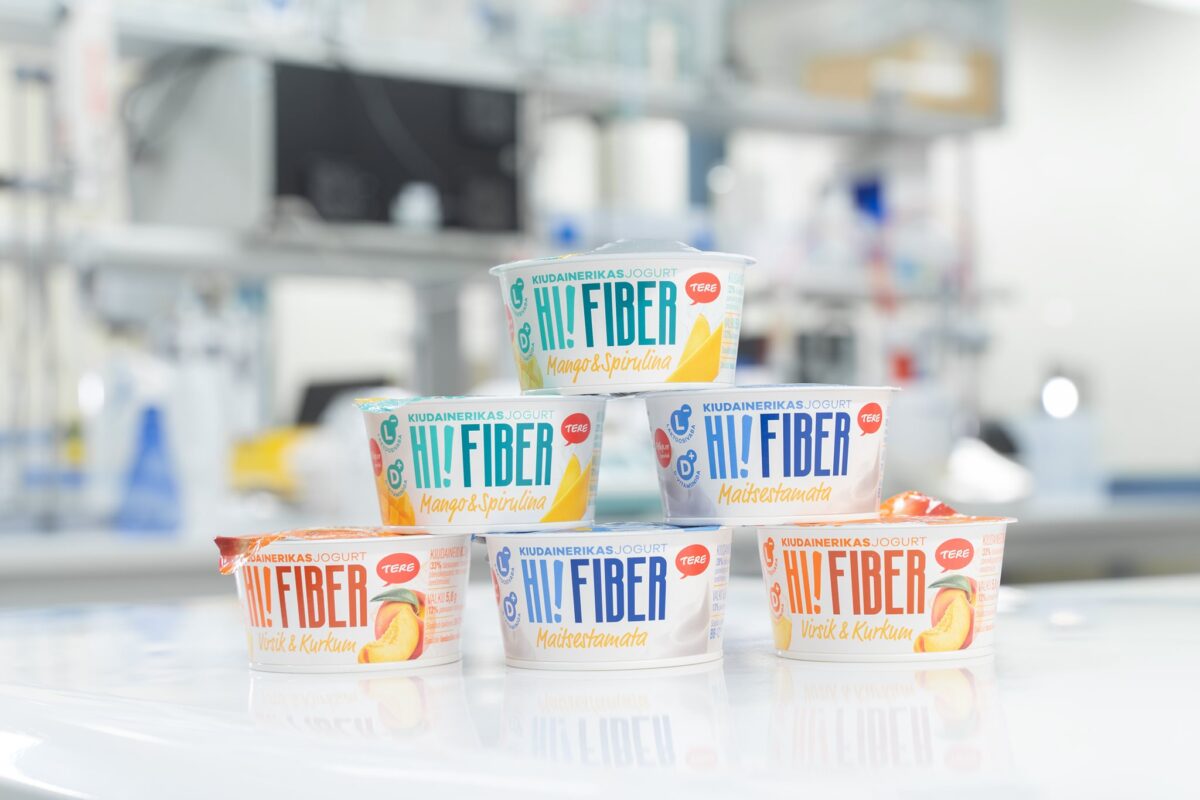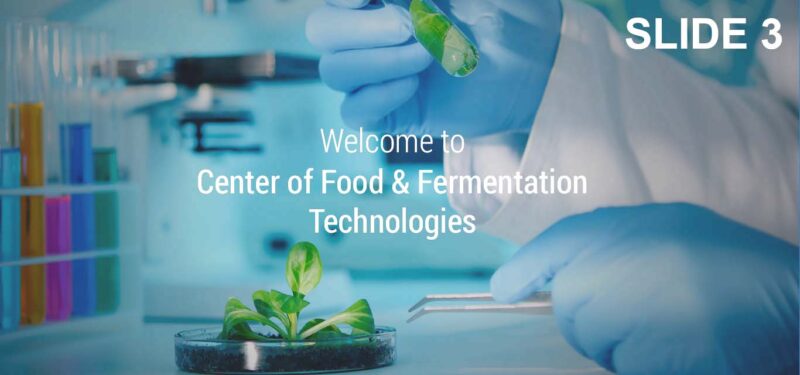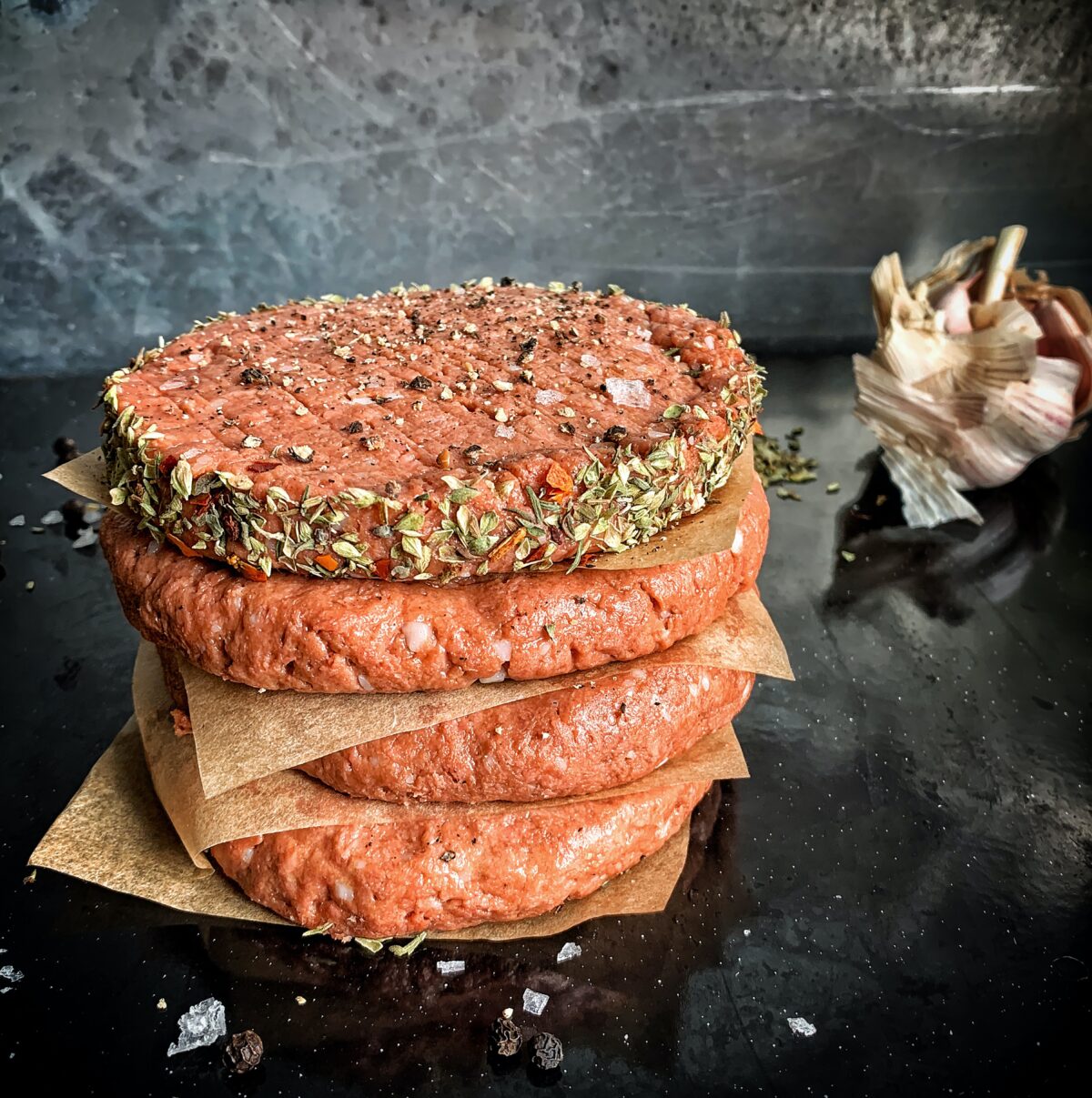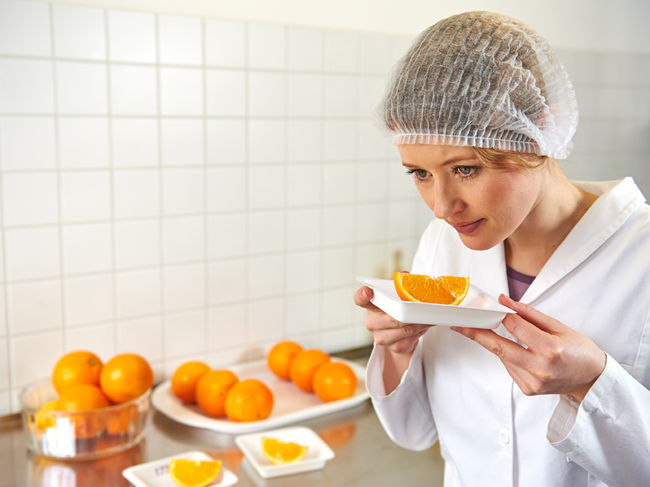TFTAK team – Raivo Vilu, Ranno Nahku, Taaniel Jakobson and Mariane Barrier, attended the biggest biotechnology fair BIO International Convention from 13 to 16 June 2022. The event took place in San Diego, USA, and brought together thousands of biotechnology companies.
TFTAK was one out of five Estonian companies (+ the Connected Health Cluster) who shared space in the amazing Estonian booth arranged by Enterprise Estonia. The other Estonian companies who attended the fair were:
- Connected Health Cluster
BIO International Convention was a great opportunity for TFTAK to have one-to-one schedule and unscheduled meetings with possible partners. It was firstly interesting to see what other companies do. Secondly how things have changed during the last two years. And thirdly, where to put the scope.
TFTAK can now position itself more precisely and is highly motivated to continue to develop our optimization services.
Mr. Raivo Vilu importantly commented that it was a good and right decision to participate at the fair. Moreover, Ranno Nahku has confirmed that the companies’ representatives met on the spot, the discussions and information exchanged should lead to new partnerships with TFTAK.
In addition to meetings, the BIO International Convention program was extremely busy with panel discussions, presentations, and events!
In conclusion, TFTAK is looking forward to continuing discussions with newly established contacts. And above all, looking forward for the next, BIO International Convention 2023 meeting in Boston, USA!


